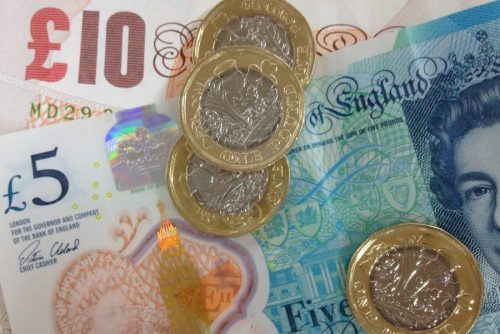Rate of inflation falls as fuel prices drop

The rate of inflation stood at 2.6% in the 12 months to March – down from 2.8% in February.
The new figures, released this morning by the Office for National Statistics (ONS), show that the drop was mainly due to a fall in fuel prices, while food stayed at the same price.
Stuart Morrison, research manager at the British Chambers of Commerce (BCC) said a small drop in the rate of inflation was always welcome but said that businesses feared it was the “calm before the storm”.
He added: “Today’s data for March, covers a period before the double whammy of Minimum Wage and National Insurance rises. Businesses are already telling us they are putting up their prices, as they battle with increased employment costs.”
He said the BCC’s latest survey showed business concern about inflation were growing while the rising global trade war would also heap further price pressure on businesses and consumers.
“Inflationary pressures mean the Bank of England is likely to remain cautious over more interest rate cuts – just when firms are keen for some financial respite,” he added.
“Businesses desperately need a lifeline from policymakers. We need to see a tax roadmap, giving firms an idea of when business rate and national insurance pressures will ease. Ministers should also focus on infrastructure and exports as a clear path to business growth in these challenging times.”
ONS chief economist Grant Fitzner said the ease again in inflation in March had been driven by a variety of factors including falling fuel prices and unchanged food costs compared with the price rises this time last year.
“The only significant offset came from the price of clothes, which rose strongly this month, following the unusual decrease in February,” he added.
The new figures from the ONS are the second piece of good news for the Government in the last seven days, following the rise in GDP last week.









